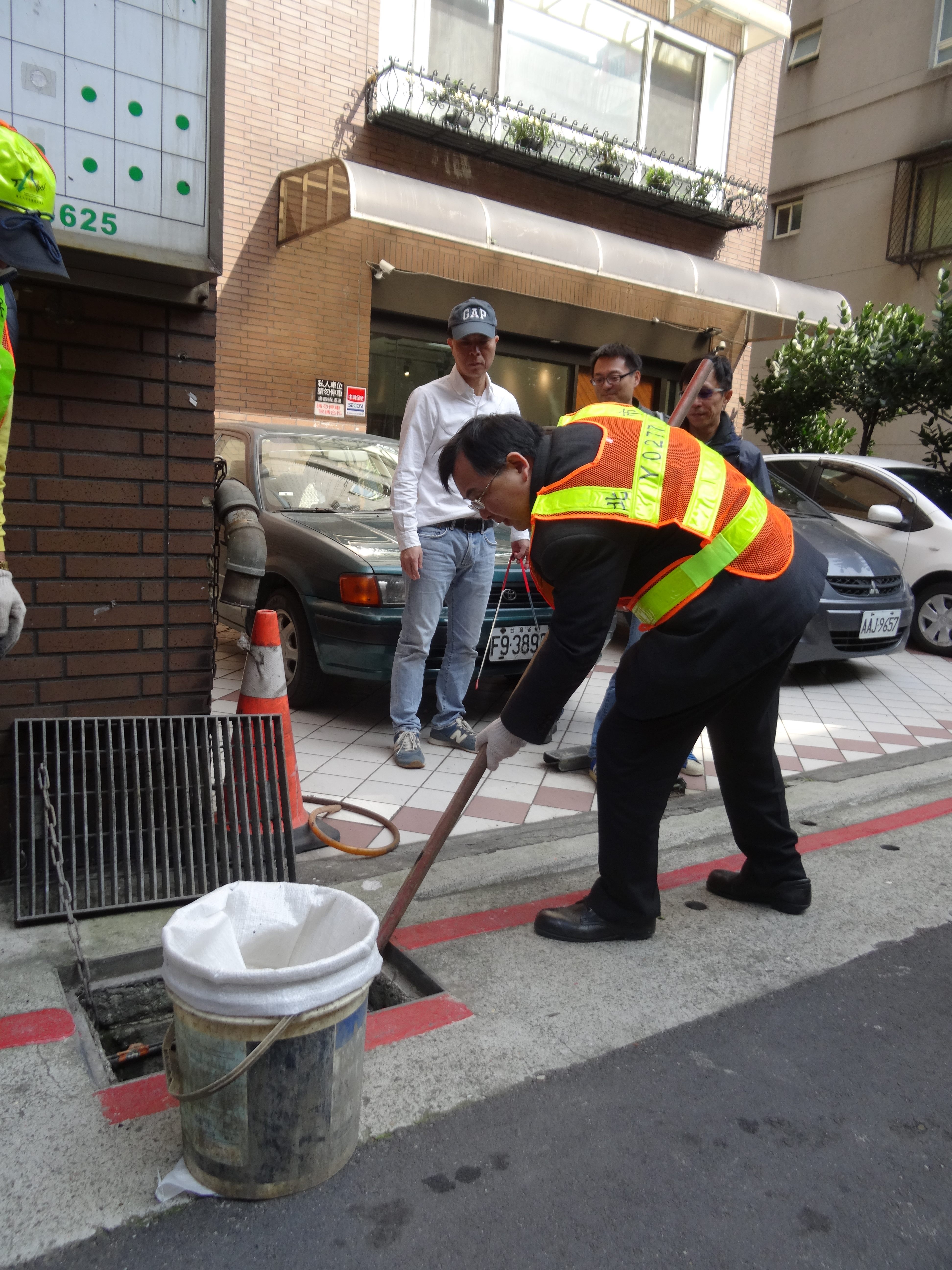Taipei City Initiates City-Wide Action Day for Dengue Prevention
 Due to this year’s warm winter, there have already been local dengue cases reported in Southern Taiwan this year. Especially now the rainy season of May and June is approaching, Taipei City Government would like to remind everyone to thoroughly clean all containers that may have collected water after it rains.
Due to this year’s warm winter, there have already been local dengue cases reported in Southern Taiwan this year. Especially now the rainy season of May and June is approaching, Taipei City Government would like to remind everyone to thoroughly clean all containers that may have collected water after it rains.
The Department of Environmental Protection (DEP) stated that dengue cases last year happened mostly at vegetable gardens and happy farms in Northern and Central Taiwan. To prevent outbreaks of dengue fever, the agency has been reinforcing patrols at vegetable gardens, mountain trail entries, deserted lands, and fire escape alleys; cleaning teams in all local districts have been requested to expand their patrol areas to eliminate dengue breeding sources. In addition, Taipei City Government has called upon more than 1,000 environmental protection volunteers and Taipei citizens from 12 administrative districts on April 24 to collaborate with health and civil affairs units to take part in City-Wide Anti-Dengue Action Day. With the early start, dengue fever will be effectively prevented and controlled.
DEP emphasized that, in addition to checking over the commonly seen water-accumulating areas such as the tray plates of plant pots and water-gathering containers at ground level, dengue prevention in a metropolitan area like Taipei City also needs to cover potential breeding sources located above ground level, such as roof gutters, tree wells and garage canopies. Patrolling vertically and in three dimensions will prevent inefficiencies in anti-dengue efforts. The agency stated that, when apartments’ roof gutters are left uncleaned for too long, they get clogged easily; and after heavy rains, water accumulates in the gutters forming breeding sources that are difficult to notice.
In the past, it usually required workers to climb up a ladder to check on the gutters. Given the manpower needed to hold and stabilize the ladder and to perform safety protections, the efficiency was relatively low in consideration of all the staff, supplies and time involved; it would take a long time to perform a large area of patrol. DEP is now equipping patrollers with a “3D Patrolling Stick” that can be easily operated by a single individual and can comprehensively take control of dengue breeding sources using its 3D functionality, greatly enhancing both the efficiency of patrols and the overall effectiveness of dengue control.
The agency pointed out that dengue control needs to start in daily life, and everyone is encouraged to carefully patrol inside and outside their homes (including metropolitan vegetable and fruits gardens) and check on their vases, water-gathering trays (and buckets), tray plates of plant pots, plastic cloth, abandoned tires, and other containers that easily accumulate water. If there are any water-accumulating containers, please act immediately and clean them properly. Moreover, for water-accumulating areas that are hard to notice, such as roof gutters, tree wells, garage tents, and manmade landscapes, patrolling work needs to be elevated from the ground to three dimensions, so that the four crucial steps – patrolling, dumping, cleaning, and scrubbing – can be rigorously implemented, dengue mosquito breeding can be effectively prevented, and dengue cases can be controlled.

![Taiwan.gov.tw [ open a new window]](/images/egov.png)
